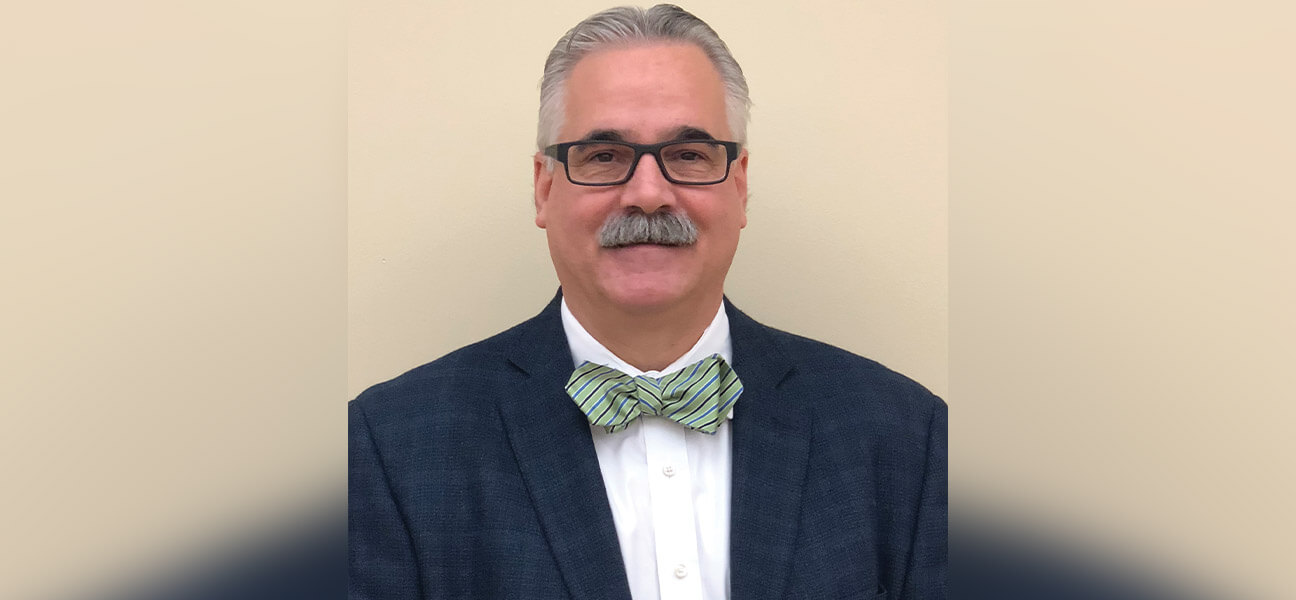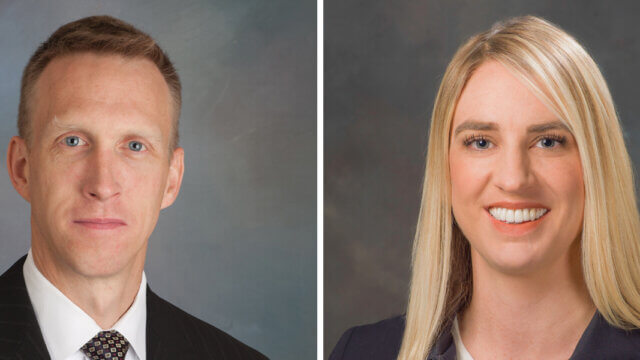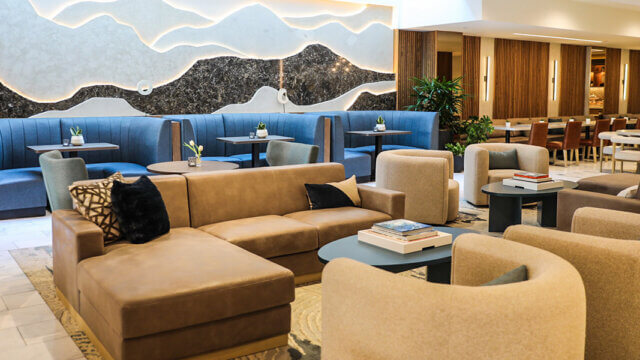Hotel Business caught up with John Welty, president, SUITELIFE Underwriting Managers, an all-lines insurance and risk program for premier hotels, resorts, luxury boutiques, gated communities and hotel management companies, to get his thoughts on the top risks hoteliers are facing, how they can mitigate those risks and other hotel insurance issues.
What are some of the top risks hoteliers are facing where insurance will come into play?
Hoteliers face a great number of insurance risks on a daily basis, which is why finding and securing competitive insurance coverage for your business is crucial. Some of the top hotel insurance risks:
- Extreme weather/natural disasters: Weather-related incidents are on the rise and have a major impact on the property market. Incidents such as hurricanes, wildfires, earthquakes and snowstorms can cause massive property damage through flooding, wind damage and general property damage. From an insurance perspective, such damages are oftentimes costly and can lead to increasingly large losses. For instance, according to Insurance Insider, global losses from natural catastrophic weather events totaled more than $105 billion in 2021, which was a $16 billion increase over the $89 billion in losses incurred in 2020.
- Labor shortages: With the Great Resignation, hotels are seeing fewer staff members available to perform regular duties. We have seen reports of hotels not having enough staff to perform housekeeping or maintenance, leaving laundry, room service trays and spills in hotel hallways for extended periods of time. This leaves hotels open to risk for claims such as slips, trips and falls; general premise claims; and struck-by-object claims. A lack of adequate staffing is also leaving employees prone to burnout when they are asked to perform new or added responsibilities. Additionally, the labor shortage has led to high turnover which leaves hotels open to risk as employees may not be able to receive proper training.
- Material shortages/inflation: Supply-chain issues and inflation have led to a rise in repair and rebuild costs and an increase in repair and rebuild timelines. This puts hoteliers at risk for business interruption and financial loss. In the event of property damage, hoteliers should make sure that their property has been recently assessed and is properly valued to help ensure they have proper coverage for necessary repairs or rebuilds.
How can hotels mitigate their risks?
There are many risk management strategies hotels can implement to help address different risk exposures. Here are some risk mitigation strategies hoteliers can consider implementing for the risks outlined above:
- Extreme weather/natural disasters: Hoteliers should have an Emergency Action Plan in place so that all employees know their roles and are prepared in the event of an emergency. This plan will also outline how to communicate with and evacuate guests if necessary. Regular training on what to do in an emergency and practice using protocols from the Emergency Action Plan will have employees prepared in event of a crisis. From a property standpoint, hoteliers can work with local fire and emergency response teams on a regular basis to review risks on the property (a faulty generator, loose shutters that could break, weak spots on the roof that could cause leaks, etc.) before extreme weather hits. During or after an event, disaster mitigation companies can help reduce insurance claims as they can be on the ground to help with recovery as soon as the disaster has passed and have a number of contractors on call to immediately help with repairs or rebuilding.
- Labor shortages: Training and communication are key for minimizing risk in a high-turnover environment. Training frequently and often can help employees operate safely and can reduce risk exposure in hotels. Reminders and communications around such trainings and procedures can help employees understand what their role is, what to expect and how to handle incidents. For instance, a daily checklist of expected duties posted in the right place can go a long way toward mitigating risk.
- Material shortages/inflation: In the event of property damage, hoteliers should make sure their property has been recently assessed and is properly valued to help ensure they have adequate coverage for necessary repairs or rebuilds
For all risks, hoteliers can work with their brokers on a regular basis to conduct risk assessments and learn about new mitigation measures. Brokers can help hoteliers understand their risks, find trainings and other resources to help mitigate them and ensure that hoteliers have competitive coverage in place to help protect them.
Have there been many insurance claims coming out of the pandemic, and for what? How do hoteliers deal with those?
Insurance claims, in our experience, are on the rise as occupancy rates increase. Many of these claims we see fall into the top five categories:
- Slips, trips & falls: Despite the year or circumstances, slips, trips & falls claims remain, in our experience, the No. 1 loss driver for hotels. These types of incidents can happen anywhere on a hotel property and have a number of causes, including spills, wet floors or objects left on the floor.
- Premises-general; struck by object/vehicle: Typically premises-general claims include any incident that happens on the premises that is not specific to a slip, trip and fall incident. The specific struck by object/vehicle claims refer to any incidents where guests are struck by a falling object, such as decor that was not properly secured or incidents where guests are struck by a vehicle that is hotel property (i.e. catering vans) or being operated by a hotel employee (i.e., valet).
- Premises-claimant struck; and automobile: Similar to premises-general, these incidents include anything that happens on the premise where a guest is struck or hit.
- Water damage; slip, trip & falls: These claims are due in large part to flooding from extreme weather events, like hurricanes. The real risk, in many instances, comes from guests who are injured due to the water damage. For instance, a guest could slip in water from flooding.
- Windstorm and fire: With the increase in weather-related incidents this year, we have seen windstorms and fires cause serious damage to hotels, causing major loss.
What criteria should hotels follow when choosing an insurance company?
As mentioned in a previous response, a good broker can help make or break a hotel’s risk management strategy and create a positive loss pattern. In any market, particularly a hard market, a pattern of minimal loss makes a hotel a more ideal client for insurers. It is important to invest time and attention into finding a broker or agent who understands the hospitality business and its unique risks. Additionally, finding a carrier that specializes in the hospitality space and has policies and coverages for the unique needs of hoteliers is highly beneficial.
What can hoteliers do if they want to change insurance companies?
When looking for a new insurance company, it is important to have a clear idea of why you are looking to change companies. Are you looking for a specific policy? More broad coverage? A broker who has more industry knowledge? Once you have determined exactly what you want out of an insurance company, asking the right questions can help you find your way. Some questions to consider asking your agent or broker are:
- What services does the carrier provide?
- What risk engineering services/loss control is provided, and how often?
- How are claims reported and handled?
- On large claims, are there regular claims reviews with the broker and carrier?
Are there penalties for switching?
In most instances, there are no penalties for switching insurance companies if you are working from your policy’s effective date or expiration date. There is typically only a penalty if you move your effective date/expiration date of coverage. In that situation, there is oftentimes a short-rate penalty for canceling coverage.




